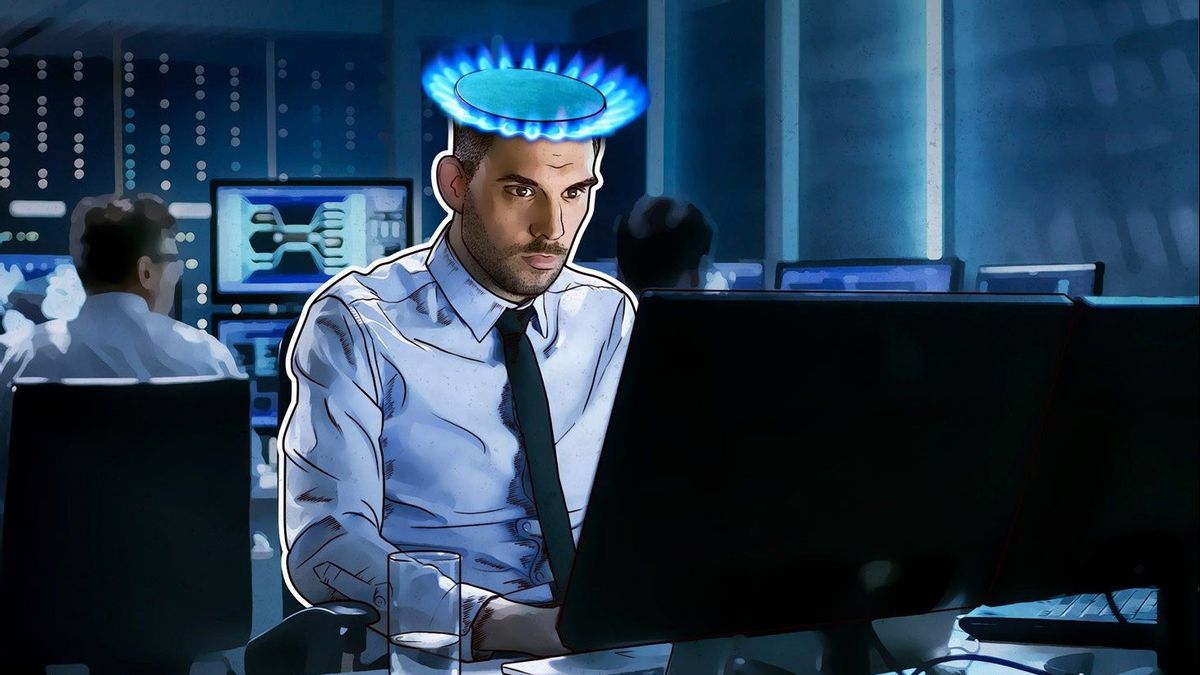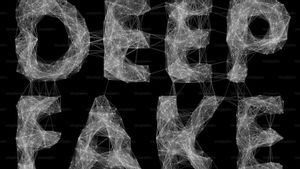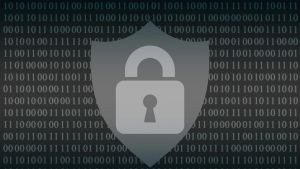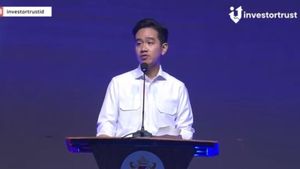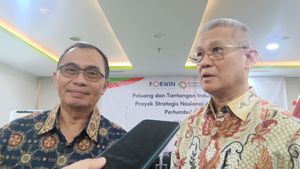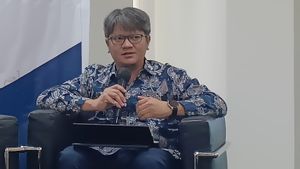JAKARTA - Feeling tired of monotonous tasks, being less focused on work, or feeling negative or cynical about work. This is a symptom of fatigue (overheated), and the World Health Organization (WHO) has classified it as a work phenomenon.
For people who work in the field of information security, such as those in the security operations center (SOC), the nature of their work is the direct route to professional saturation, which can damage themselves and even their organizations.
The work basically requires anomalous searches in incoming data, day after day. When anomalies were detected, the situation became slightly shaken because there were incidents to be investigated, data to collect, and damage assessments and risks to be tested.
But interesting cyber incidents are not very common in companies equipped with advanced solutions that keep servers, work stations and entire information infrastructure.
Kaspersky appointed the Enterprise Strategy Group and in the latest study and pointed out that 70 percent of organizations admit difficulty following the volume of security warnings.
According to an ESG study, apart from the volume of warnings, its widespread diversity is another challenge for 67 percent of the organization. This situation makes it difficult for SOC analysts to focus on more important and complex tasks.
SEE ALSO:
One in three companies (34 percent), a cybersecurity team burdened with alerts and emergency security issues said they didn't have enough time to improve strategies and processes.
Kaspersky experts predict that cyber threat intelligence and threat hunting will be an important part of any SOC development strategy.
"However, with the current scenario at SOC analysts, they use their time, skills, and energy to deal with poor quality IoC and fight fake positives that are unnecessary compared to proactively seeking complex threats in infrastructure. Not only is this approach ineffective but also the emergence of fatigue is unavoidable," said Yeo Siang. Chinese, General Manager for Southeast Asia in Kaspersky in a statement received in Jakarta.
According to Kaspersky's observations, by 2023 the SOC team will continue to face advanced attacks, such as ransomware and supply chains.
"That means the SOC team must be prepared to face this threat, and the key factor to success in preparation is a comprehensive increase in aspects of SOC, including fighting burnout," added Yeo.
The English, Chinese, Japanese, Arabic, and French versions are automatically generated by the AI. So there may still be inaccuracies in translating, please always see Indonesian as our main language. (system supported by DigitalSiber.id)
